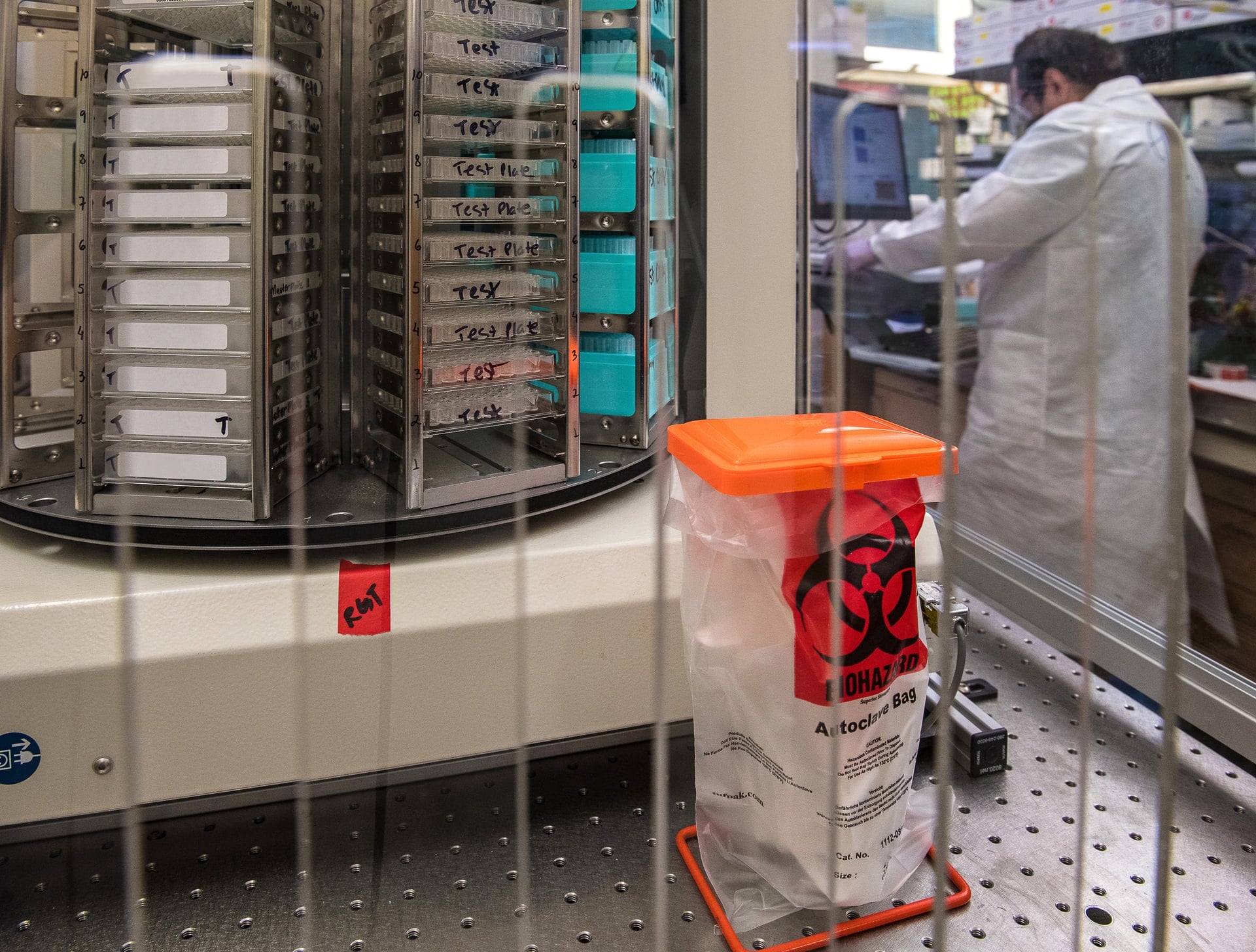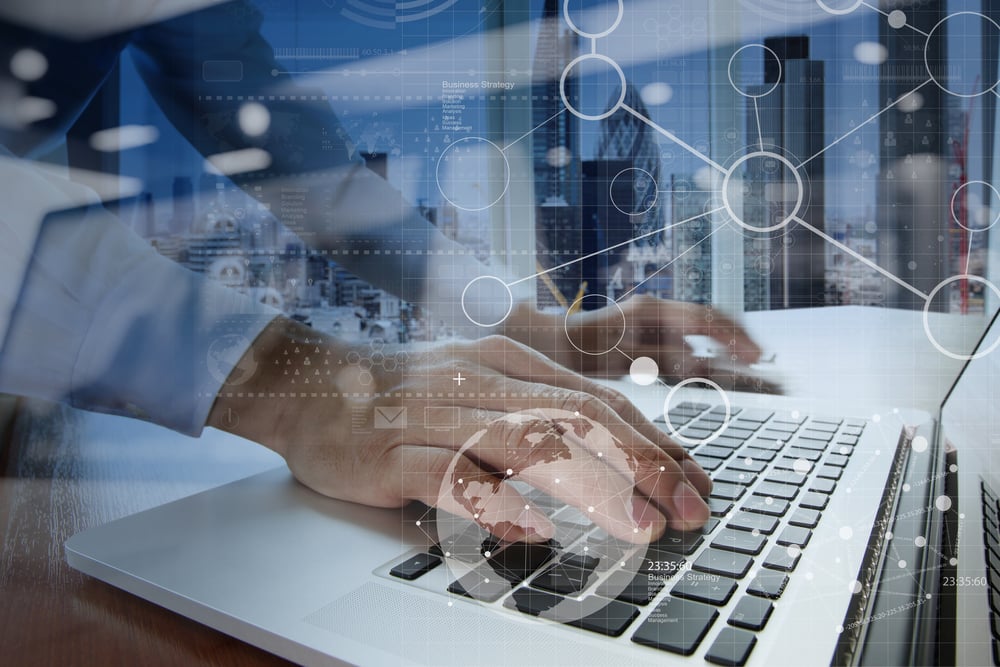The retail industry is growing exponentially year-over-year, partially due to the substantial profit margins that attract investors.
However, it's not easy to keep up with the many processes involved in running a successful company–if you're not careful, you may lose a lot of business. Thankfully, enterprise resource planning (ERP) systems, such as ByDesign ERP software, make it easy to manage all aspects of a retail business, including inventory management, payroll and customer relationship management.
ERP systems have grown in leaps and bounds in recent years, too, because they allow access to all vital business information from a centralized location at the click of a button.
Some of the advantages ERPs offer retail businesses include:
Real-Time Information
It's essential to keep up with how your business receives, processes, and stores customer data because this directly impacts business decisions. The more a business grows, the bigger the challenge is in keeping up with data.
When information isn't captured properly, it can lead to slow and poor decisions and eventual losses. For example, if a price increase isn’t quickly reflected in the system, decisions could be made with outdated information, which is a risky situation for any business.
By implementing an ERP, your retail business will benefit from the availability of real-time data, which in turn simplifies the decision-making process.
Customer Management
Customers are critical to the retail industry–without them, there is no business. It's therefore essential to inspire customer loyalty, or else they'll turn to another company to buy the goods and services they want.
ERP systems play a crucial role in customer management. Having customer information on hand helps you customize customer experiences and promote brand loyalty, and an ERP also allows you to identify grievances and solve them quickly, which leads to satisfied customers.
Employee Management
Employees are at the core of the success or failure of any retail business. An ERP solution contributes to employee management in several ways. First, it helps with inventory management, which simplifies employee workflows in that function and reduces employee turnover.
Additionally, ERPs aid in payroll processing, making it easier for the organization to track how many hours employees work and their salaries. This makes it easier to pay employees, increasing their motivation and boosting productivity.
Inventory Management
Any retail business owner will tell you that one of the biggest challenges they face is keeping track of inventory. Having too much or too little stock can lead to irrecoverable losses. An ERP system tracks all inventory down to the smallest item, making it easier to know what needs to be restocked and where there are overstocks; it also tracks items about to expire.
Point of Sale System
Point-of-sale (POS) systems aren't a new phenomenon, but their use has increased over the last couple of years as the world shifts to cashless transactions. POS systems also reduce the chances of errors, as financial transactions reflect immediately in the system.
Most ERP systems have in-built support for POS systems, which provides real-time information on any transaction.
Sales Analytics
More sales equals more revenue, and ERPs provide sales information on the go, making it easier to adjust areas that aren't performing up to par. ERPs also provide information on customer spending habits, making it easy to create a customized buyer persona–a vital component of ERP systems for ecommerce.
If you run a retail business, investing in an ERP solution is one of the best ways to gain an edge over the competition. They come equipped with a multitude of features, and most can be integrated with third-party systems. It’s also important to speak with an ERP professional to learn more about how an ERP system can benefit your retail business.
Wondering how ERP systems help supply chain optimization? Take a look at our recent article.





